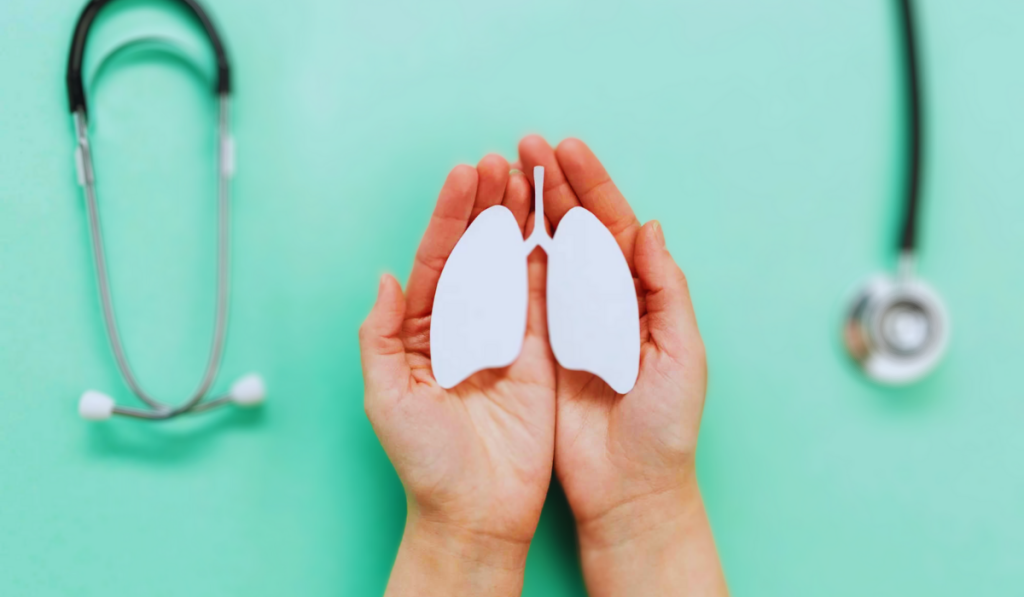Every year on March 24, World Tuberculosis Day is commemorated to develop and raise awareness about tuberculosis (TB) and to work toward the disease’s abolition. The bacterium Mycobacterium tuberculosis causes tuberculosis, which primarily affects the lungs but can also affect other regions of the body. Tuberculosis (TB) is one of the top ten causes of mortality in the world, and the World Health Organization (WHO) has set a target of eliminating the illness by 2030.
World Tuberculosis Day 2023: Theme
The theme for this year’s World Tuberculosis Day is “Yes! We can end TB!” and it focuses on urging leaders from around the world to take action to stop the TB epidemic. The theme highlights the significance of various factors, including increased funding, prompt action, collaboration among different sectors, swift implementation of new WHO guidelines, and innovative approaches to eliminate tuberculosis.
World Tuberculosis Day 2023: History
World Tuberculosis Day has been observed annually on March 24th since 1982, commemorating the date when Dr. Robert Koch announced his discovery of the tuberculosis (TB) bacterium in 1882. Koch’s discovery paved the way for diagnosing and treating TB, which had been a major cause of illness and death in Europe at the time.
In 1982, the International Union Against Tuberculosis and Lung Disease (IUATLD) and the World Health Organization (WHO) established World TB Day to raise public awareness about the global epidemic of TB and the efforts needed to control and eliminate the disease.
Since then, World TB Day has been observed every year, with a different theme to highlight a specific aspect of TB prevention, diagnosis, treatment, and care. The day provides an opportunity for organizations and individuals around the world to come together and raise awareness about TB and to advocate for increased funding, research, and action to eliminate the disease.
What is Tuberculosis (TB)?
Tuberculosis (TB) is a bacterial infection caused by the Mycobacterium tuberculosis bacteria. It most commonly affects the lungs but can also affect other parts of the body, such as the kidneys, spine, and brain. TB spreads through the air when an infected person coughs, sneezes, or talks, and another person inhales the bacteria.
Symptoms of TB include persistent coughing, chest pain, fatigue, weight loss, fever, and night sweats. However, not everyone with TB experiences symptoms and some people may not develop symptoms until the disease is advanced.
TB can be treated with antibiotics, but the treatment can take several months, and it requires a combination of drugs. Treatment is essential to cure the disease, prevent the spread of TB to others, and prevent drug-resistant TB from developing. TB is a significant global health concern, with millions of new cases and deaths each year, particularly in low- and middle-income countries.

8 Lifestyle changes that can lower your risk of TB:
1. Maintain good hygiene
TB can spread through the air by droplets when someone with the active disease coughs or sneezes. Therefore, it is crucial to maintain good hygiene practices such as washing your hands frequently, covering your mouth and nose when coughing or sneezing, and avoiding close contact with people who have TB.
2. Eat a healthy diet
A healthy diet can help strengthen your immune system, which is crucial in fighting TB infection. Include a variety of fruits, vegetables, whole grains, lean protein sources, and healthy fats in your diet.
3. Get enough sleep
Adequate sleep is essential to support your immune system. Getting good quality sleep helps fight off infections. Aim for at least 7-8 hours of sleep each night. You can also work towards forming healthy sleep hygiene habits like keeping electronics out of the room, getting good night light, etc.
4. Manage stress
Chronic stress can weaken your immune system and increase your risk of infections. Incorporate stress-reducing activities like meditation, yoga, or deep breathing exercises into your daily routine. Make sure to also avoid triggers. Triggers could be situations and things that may be leading to you feeling stressed.
5. Exercise regularly
Regular physical activity can help improve your lung function and boost your immunity, reducing your risk of TB infection. Aim for 30 minutes of moderate-intensity exercise, such as brisk walking or cycling, most days of the week.
6. Quit smoking
Smoking damages your lungs and weakens your immune system, making you more susceptible to TB infection. Furthermore, smoking can significantly increase your risk of a number of diseases. If you smoke, quitting can significantly reduce your risk of contracting TB.
7. Get vaccinated
The Bacillus Calmette-Guérin (BCG) vaccine can help protect against TB. It is recommended for infants and children in countries with a high incidence of TB. However, the vaccine is not 100% effective and is not routinely recommended for adults in the United States.
8. Seek medical help if you have symptoms
If you experience symptoms such as cough, fever, and night sweats for two or more weeks, seek medical attention immediately. If you have been in close contact with someone who has TB, get tested for the infection.

